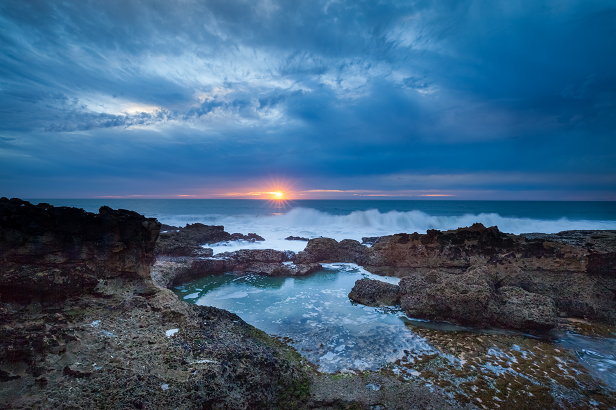
February 21, 2016
Nothing good in environmental law and policy has come about easily.
I was reminded of this last week when a pro-development majority on the Coastal Commission removed its executive director, despite an overwhelming outpouring of support for him from the public, legislators and former Coastal Commissioners.
So, given that getting good environmental policy requires work, what must we do now to make sure the state’s coastline remains open to all Californians and that the Coastal Act guaranteeing access is enforced?
Over the last few days, events have unfolded to reveal what I believe are the five most important things every Californian who cares about the coast and coastal access can do:
1. Give thanks. There are five Coastal Commission members who stood with the public and demonstrated their commitment to protecting coastal access for all Californians by speaking out in favor of retaining the executive director. They are Mary Shallenberger, Dayna Bochco, Steve Kinsey, Carole Groom, and Mary Luévano. Drop them a thank you note c/o California Coastal Commission, 45 Fremont Street, Suite 2000, San Francisco, CA 94105.
2. Make it clear that the new Coastal Commission executive director—still to be identified and hired—must be extraordinary. That means, like the last two executive directors, the new one has to be fearless and determined to protect the coast, Californians’ access to the coast, and the Coastal Act. Let your view on this be known by writing letters to newspapers, writing letters to the Commission itself, emailing your legislators, and posting on social media.
3. Support legislation to reform Coastal Commission lobbying rules. Right now, unlike lobbyists who advocate at virtually every other state agency, people who are paid by clients to influence the coastal commission do not have to register as lobbyists. They don’t have to disclose how much and when they spent money on commissioners (e.g. by buying nice lunches and dinners at a fine ocean-view restaurant), and no limits are imposed on their spending. Assembly members Toni Atkins and Mark Stone, and a raft of other legislators, have introduced Assembly Bill 2002 to reform the rules and help shed a light on lobbyists’ influence at the commission. Make sure your legislators know you want them to support that bill, too, if they haven’t already committed to it. Also, additional reform legislation may be introduced.
4. Stay engaged. Government entities run aground or become dominated by industry interests when there is not constant and demanding public oversight and informed involvement. A core group of Sierra Club California volunteers review Coastal Commission agendas, attend meetings and stay on top of activities at the agency. But more public engagement and oversight is needed. You can join our Coastal Committee or independently monitor and attend Coastal Commission meetings. They move around the state throughout the year. You can find much information about those meetings and agendas at http://www.coastal.ca.gov.
5. Put the environment and the Coastal Commission on the next governor’s agenda. Governor Brown’s silence during the debate about the Coastal Commission sent one very loud message to Californians: Don’t count on him to protect and defend the Coastal Act and broad public access to the state’s beaches and coastal bluffs. However, it also illuminates the need to make sure the next governor is engaged and supportive.
The field for governor is expected to be crowded. Between now and late 2017, when that field becomes more defined, is the time to start asking potential candidates for governor where they stand on the Coastal Act. Some of those candidates have already begun to speak before local groups or outreach to party activists—many of whom are Club members. If you see them, ask them.
In the end, it doesn’t pay to be angry. It pays to be organized, persistent, committed and vocal. These are the qualities that led to Sierra Club’s founding. It’s what has made our volunteers a force to be reckoned with for more than 120 years. It’s what drove so many of our members to collect signatures in 1972 for the ballot measure establishing the Coastal Commission.
Good policy takes hard work. Here’s to rolling up our sleeves, again.
Sincerely,

Kathryn Phillips
Director
Sierra Club California is the Sacramento-based legislative and regulatory advocacy arm of the 13 California chapters of the Sierra Club.
Please consider becoming a sustaining donor.